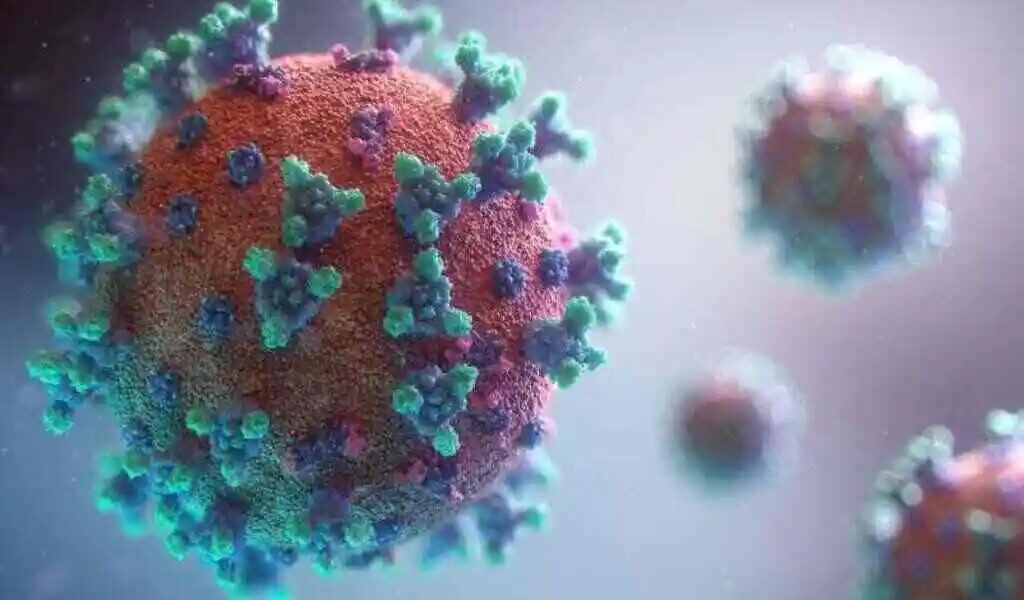Health
Study Finds Monkeypox Mutations Make Virus Spread Fast And Evade Drugs And Vaccines

(CTN News) – More than 77,000 people have been infected with monkeypox in over 100 countries worldwide, and, as with COVID-19, mutations have made the virus stronger and smarter, allowing it to evade antiviral drugs and vaccines.
A team of researchers at the University of Missouri has identified specific mutations in the monkeypox virus that are responsible for its continued infectiousness.
There are several possibilities that may emerge from the findings: modified versions of existing drugs used to treat monkeypox or the development of new drugs that account for the current mutations to increase their effectiveness in reducing symptoms and preventing the spread of the disease.
Kamlendra Singh, a professor in the MU College of Veterinary Medicine and Christopher S.
Bond Life Sciences Center principal investigator, Shrikesh Sachdev, Shree Lekha Kandasamy, and Hickman High School student Saathvik Kannan analyzed the DNA sequences of over 200 strains of monkeypox virus over a period of several decades, from 1965, when the virus began spreading, to outbreaks in the early 2000s and again in 2022.
In conducting a temporal analysis, we were able to observe how the virus has evolved over time, and a key finding was that the virus is now accumulating mutations in places where drugs and antibodies from vaccines are intended to bind,” Sachdev stated.
“In other words, the virus is becoming smarter. It is able to avoid being targeted by drugs or antibodies from our bodies’ immune responses, and it continues to spread.”
A needle in a haystack
For nearly 30 years, Singh has studied virology and DNA genome replication. The homology, or structure, of the monkeypox virus is very similar to that of the vaccinia virus, which has been used as a vaccine for smallpox.
In doing so, Singh and his collaborators were able to create an accurate, 3D computer model of the monkeypox virus proteins. This model helped identify both where specific genes are located and how they contribute to the virus becoming so infectious in recent years.
The focus of our research is on the genes involved in genome. Monkeypox, and monkeypox is a large virus with approximately 200,000 DNA bases in its genome, according to Singh.
The DNA genome for monkeypox is converted into nearly 200 proteins, which provides it with all the ‘armor’ needed to replicate, divide, and continue to infect others.
“Viruses make billions of copies of themselves, and only the fittest will survive, as mutations aid them in adapting and spreading.”
SEE ALSO:
Malaria Outbreaks In Ethiopia Were Caused By Asian Mosquitoes





























